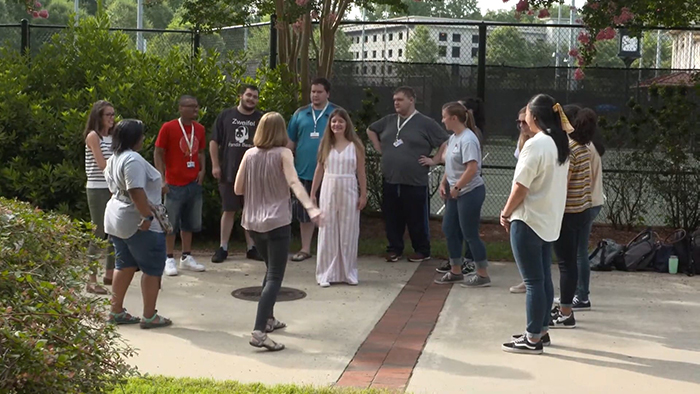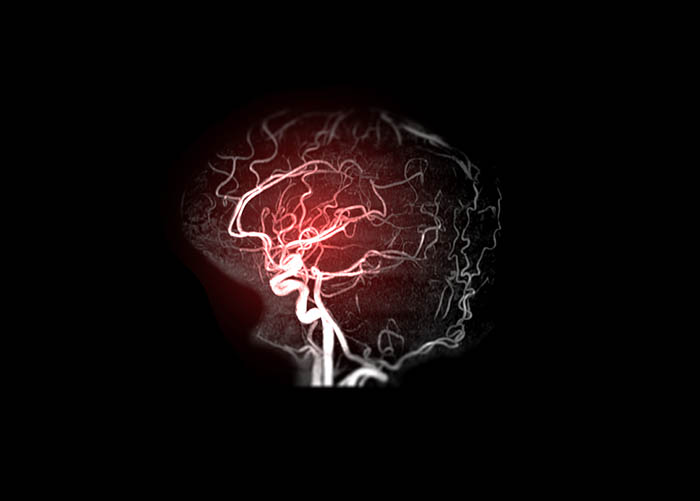Most people think of high school graduation as an exciting new beginning. But to parents of children with autism spectrum disorder (ASD), it’s often a time of confusion, stress and flat-out fear. They must confront the reality and challenges of their kid’s adult autism. Depending on the state, educational supports and services received under the federal Individuals with Disabilities Education Act will disappear. Dr. Cubells, Director of Medical and Adult Services at Emory Autism Center, says “What now?” is one of the most common questions that he hears.
Loss of Supports with Adult Autism
In the U.S., federal laws such as the Individuals with Disabilities Education Act (IDEA) ensure that children with ASD (and other disabilities) receive school-based supports to help them succeed. Supports may include speech or occupational therapy, a personal aide in the classroom and other interventions. Unfortunately, once school ends, so do these added supports.
Leaving the school system can be the beginning of an arduous journey as families try to navigate their way through the adult world. The loss of support and services for young adults with ASD leaving high school is abrupt, and there are few legal provisions mandating help for adults with disabilities, including adult autism.
The Challenge of Independence
It’s impossible to generalize about the lives of adults with ASD. Obviously, not everyone on the spectrum shares the same challenges or experiences. Some may be able to live independently, and even make important contributions to science, music, and other fields. Others will need daily care throughout their lives. Many will land somewhere in-between and may need to rely on their families or social services in ways that extend well beyond the norm.
Life Skills
If we reflect on what a typical happy and healthy adult life entails, core issues such as a good job, safe place to live and the ability to make choices about our lives are all important. Unfortunately, some of the challenges commonly associated with adult autism can interfere with the life skills needed to establish this kind of life.
Employment
Gainful employment tends to be a barrier to independence for people with ASD. According to a 2015 report (compiled by Anne M. Roux, Paul Shattuck, and colleagues at Drexel University), only 32% of young adults with ASD in the U.S. worked for pay within the first two years after leaving high school, and only 30% attended any type of college or other post-secondary education.




